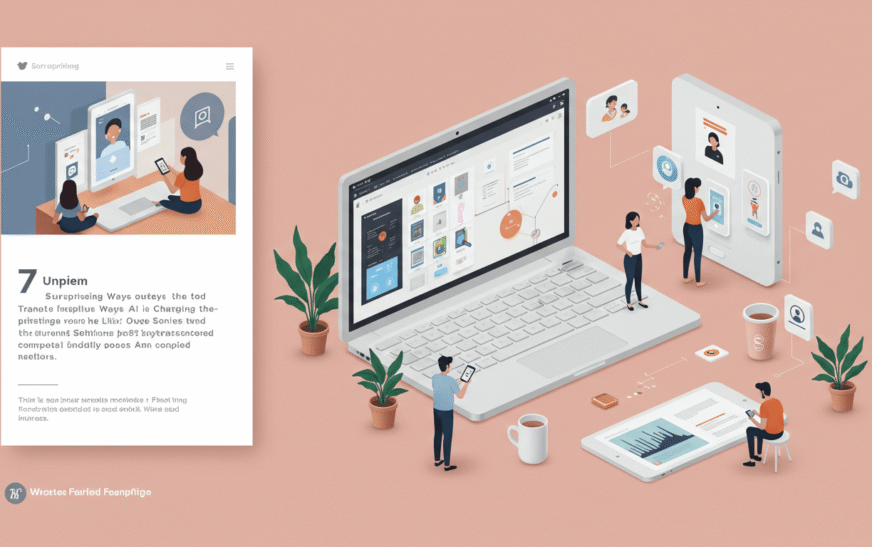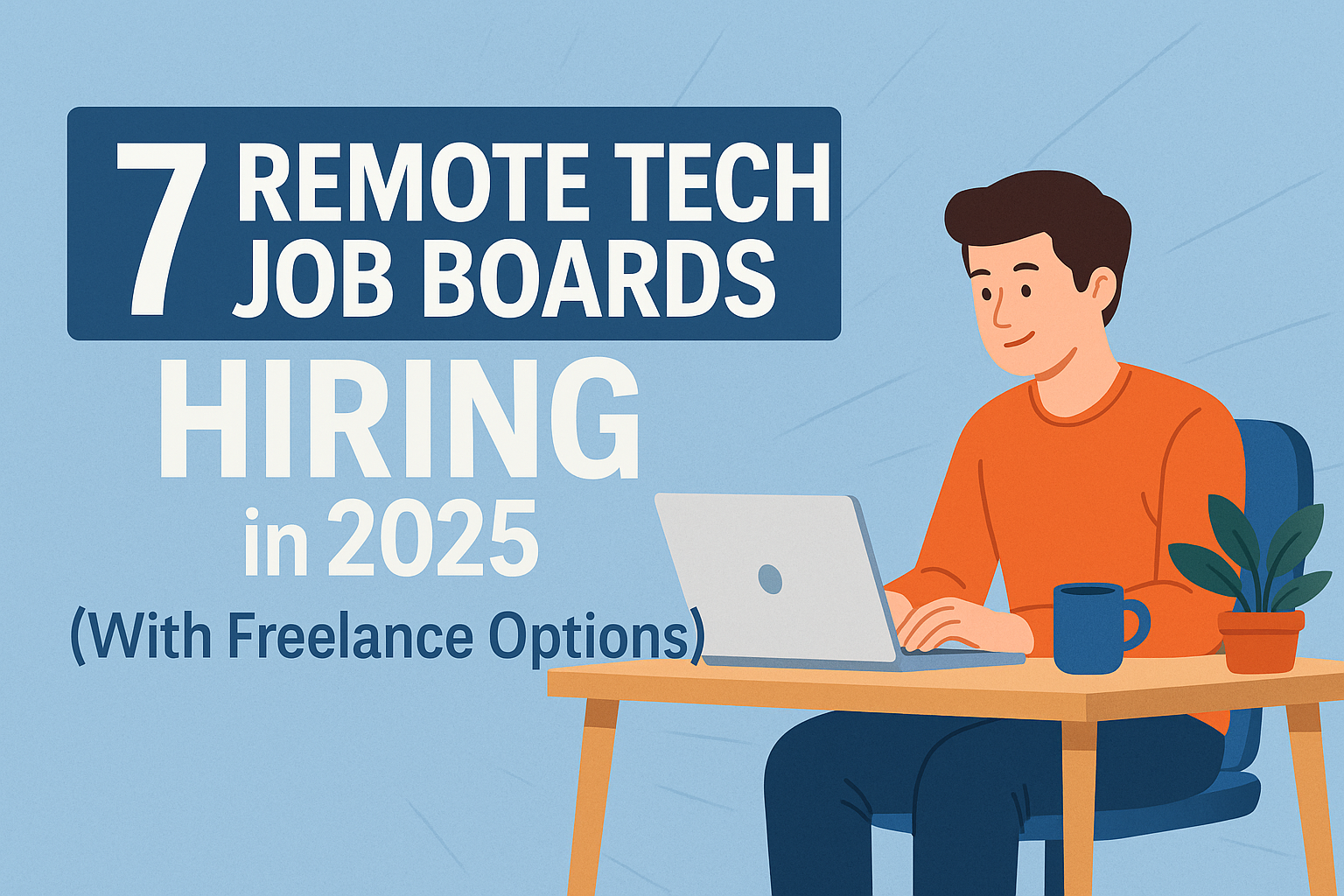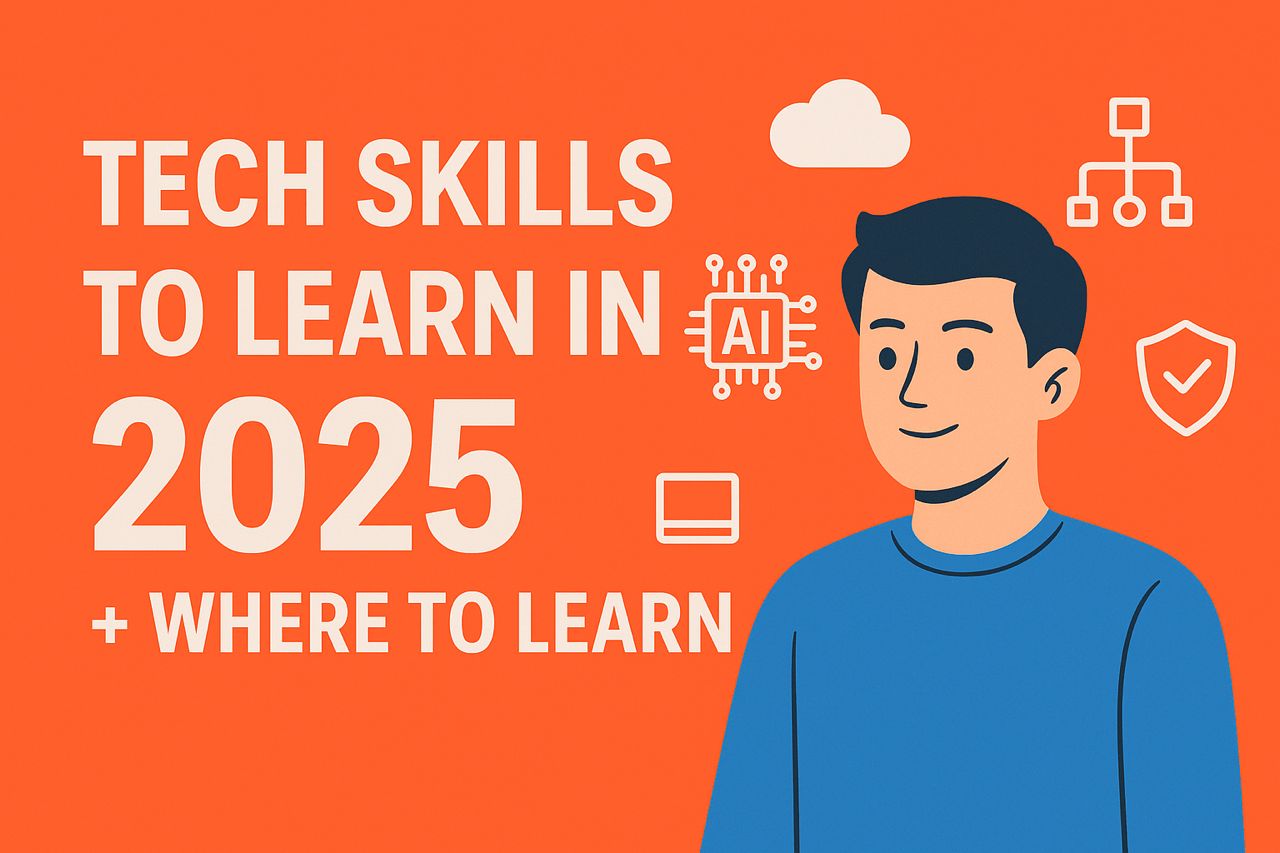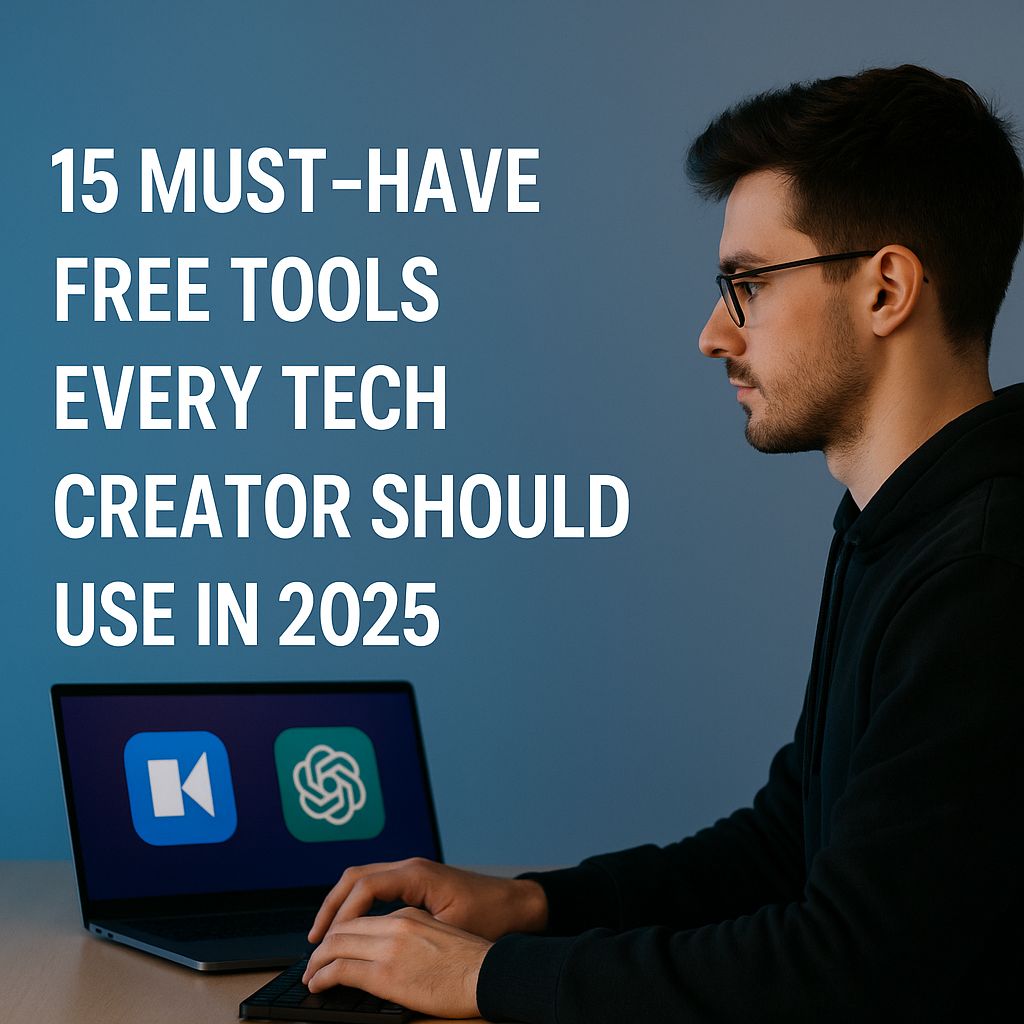Let’s be real — coding interviews are tough. Even with all the LeetCode reps in the world, it’s easy to fumble under pressure. I’ve been there. So have most devs I know.
Here’s the truth: it’s not always about your ability to write perfect code. It’s about how you think, communicate, and handle challenges in real time.
Below are 5 coding interview mistakes I see way too often — and how you can dodge them like a pro.
1. Jumping into Code Too Fast
The rookie move: You hear the problem, and your fingers immediately hit the keyboard.
Why it’s bad: You risk missing details, building the wrong solution, or digging yourself into a logic hole.
How to Avoid it:
- Pause and breathe.
- Talk through what the question is asking.
- Ask for clarification if needed.
- Outline your approach before writing a single line of code.
Interviewers don’t just want the “right” answer — they want to see how you think.
2. Ignoring Edge Cases
What happens: Your solution works… until it doesn’t. (Looking at you, empty arrays and null values.)
Why it matters: A working solution that breaks on edge cases shows a lack of thoroughness.
How to Avoid it:
- Before coding, list possible weird inputs (0, duplicates, massive arrays, negative numbers, etc.).
- After coding, test against those.
- Say them out loud — it shows you’re thinking like an engineer, not just a coder.

3. Staying Silent
The silent killer: You’re focused, deep in code — but saying nothing.
Why that’s a problem: The interviewer can’t read your mind. Even if you ace the solution, you’re missing a chance to show your thought process.
How to Avoid it:
- Narrate your thoughts.
- Talk about trade-offs.
- Share when you hit a bug or pivot your approach.
This alone can turn a “maybe” into a “yes.”
4. Overengineering the Solution
The trap: Reaching for fancy tricks when a basic for-loop would do.
Why it hurts: It increases risk of bugs, hurts readability, and wastes time.
How to Avoid it:
- Solve the problem first, optimize second.
- Favor clarity over cleverness.
- Use what you know best and explain your reasoning.
Clean, readable code > complex, messy code. Every time.

5. Not Practicing Under Real Conditions
Biggest red flag: You’ve done 100+ problems, but never timed yourself or done a mock.
Why this matters: Coding interviews aren’t just about skill — they’re about performance under pressure.
How to Avoid it:
- Use platforms like Pramp, Interviewing.io, or just grab a friend.
- Time yourself.
- Practice talking out loud.
- Simulate the real deal, awkward silences and all.
When the real interview hits, you’ll be ready.
Final Thoughts:
Let’s face it — tech interviews can be brutal. But they’re also learnable. Every mistake is a lesson. Every round is practice.
Avoid these 5 mistakes, and you’ll be miles ahead of most candidates.
Bonus tip: After each interview, write down what tripped you up. That self-reflection alone is gold.
Subscribe to stay updated on everything Tech!















